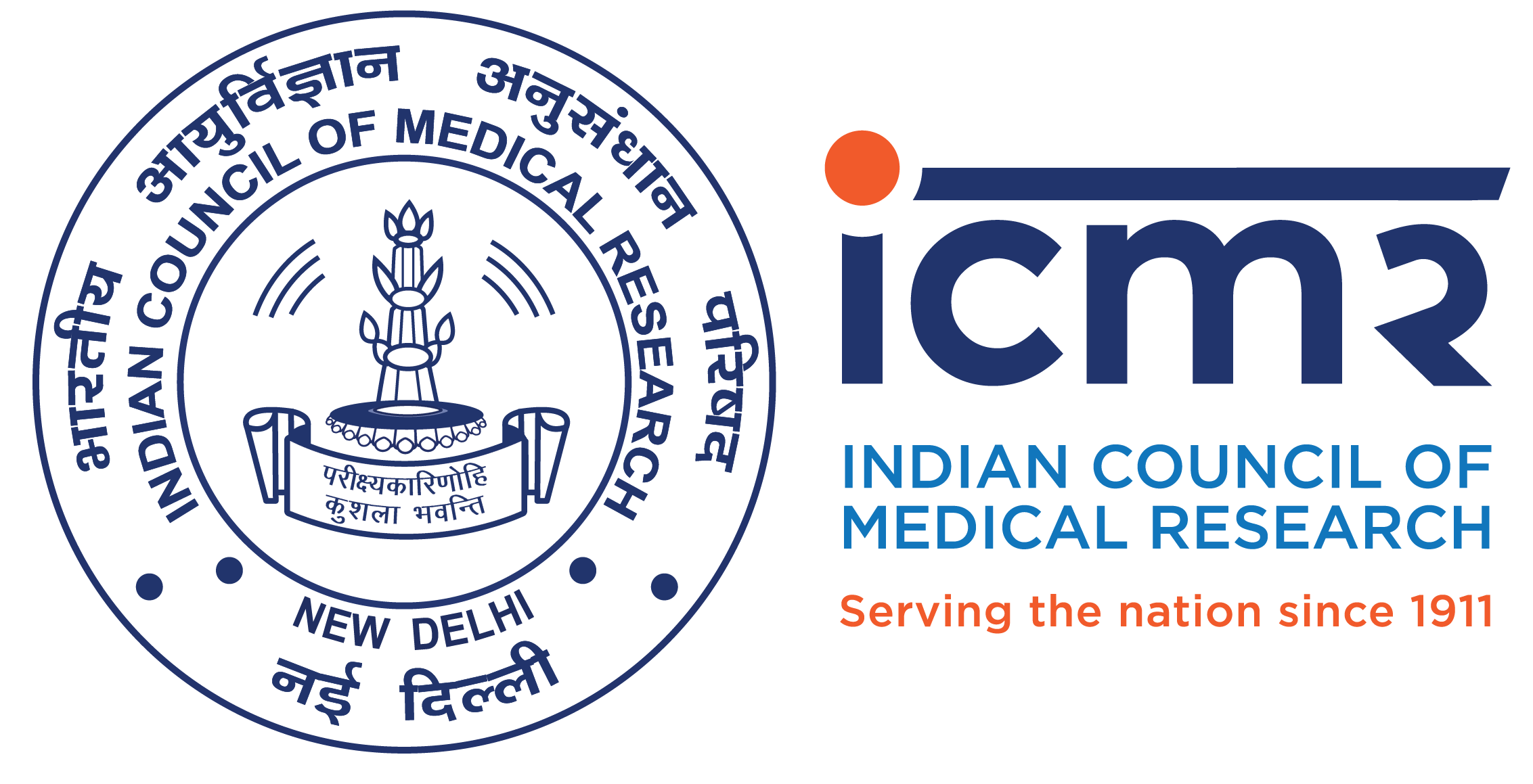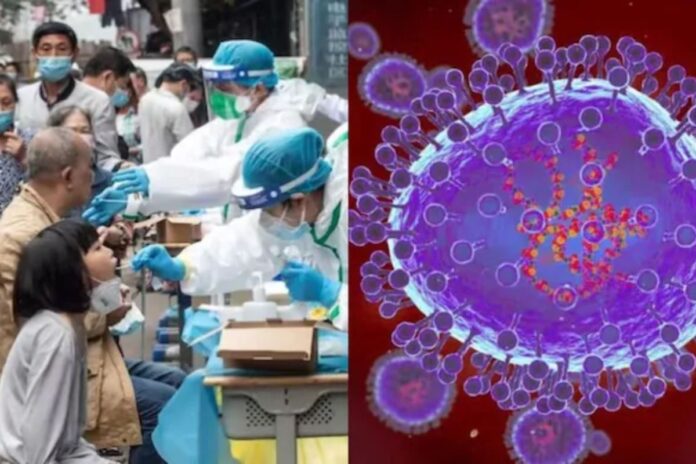HMPV cases have been detected in Bengaluru, where two infants—a three-month-old girl and an eight-month-old boy—tested positive for the human metapneumovirus (HMPV) at Baptist Hospital. Both children had a prior history of bronchial pneumonia and no record of international travel. The Union Health Ministry has assured the public that HMPV is not a new concern and has been circulating globally, including in India. Authorities are closely monitoring the situation and have advised people not to panic.
What Is HMPV And How Does It Affect Children?
HMPV, or human metapneumovirus, is a respiratory virus primarily affecting children under the age of 11. It is known to cause symptoms that resemble a common cold, such as coughing, wheezing, a runny nose, and sore throat. In vulnerable groups like young children, the elderly, or individuals with weakened immune systems, the virus can lead to severe respiratory complications, including bronchopneumonia.
Bronchopneumonia, also referred to as bronchial pneumonia, involves inflammation of both the bronchi and the alveoli (tiny air sacs) in the lungs. Its symptoms can range from mild to severe and often include fever, rapid breathing, shortness of breath, fatigue, and loss of appetite.
In the recent cases in Bengaluru, the three-month-old girl had a history of bronchopneumonia and has since been discharged after receiving treatment. The eight-month-old boy, who tested positive on Sunday, is currently recovering.
Surveillance And Detection Of HMPV Cases
The cases were identified through routine surveillance conducted by the Indian Council of Medical Research (ICMR) to monitor respiratory illnesses. As part of this initiative, samples from multiple respiratory infections are regularly tested for viral pathogens, including HMPV. According to data from the ICMR, HMPV accounts for approximately 0.7% of all flu samples tested in India.
The Union Health Ministry has confirmed that there has been no unusual surge in Influenza-Like Illness (ILI) or Severe Acute Respiratory Illness (SARI) cases across the country, as per current data from the Integrated Disease Surveillance Programme (IDSP). Karnataka Health Commissioner Harsha Gupta emphasized that the detection of HMPV in the two infants is not unusual and urged people to remain calm.
“In the past, we have identified cases related to HMPV in many patients. There is nothing alarming about this, and there is no need for anyone to panic. If there are any new strains of HMPV, ICMR will send us updated guidelines. So far, no specific protocols have been issued for this,” he explained.

HMPV Cases In A Broader Context
Globally, respiratory illnesses, including those caused by HMPV, have been garnering attention. In China, a sharp rise in respiratory infections has led to concerns over HMPV and other winter illnesses. Chinese authorities have initiated a pilot monitoring system to track pneumonia cases with unknown origins.
The World Health Organization (WHO) is actively updating global health agencies on developments related to HMPV, while ICMR continues to track trends in its circulation within India. Last month, Karnataka’s health department confirmed that there was no significant increase in respiratory infections reported in December 2024 compared to the previous year.
Kerala Health Minister Veena George has also highlighted the importance of vigilance in monitoring HMPV cases. She stated that Kerala is fully prepared to handle any potential outbreak of the virus, reflecting the proactive measures adopted by Indian states in addressing respiratory illnesses.
Public Health Measures And Recommendations
To prevent the spread of HMPV and other respiratory infections, the Health Ministry advises adhering to basic hygiene practices such as frequent handwashing, wearing masks in crowded places, and avoiding close contact with individuals showing symptoms of respiratory illness. Early detection and medical intervention are crucial, especially for children, the elderly, and those with pre-existing health conditions.
Bronchopneumonia, which has been linked to the recent HMPV cases, requires prompt medical attention if symptoms worsen. The Health Ministry recommends seeking immediate medical care for symptoms such as difficulty breathing, high fever, and persistent fatigue.
India’s Preparedness For Respiratory Illnesses
India has demonstrated its readiness to handle public health challenges through regular surveillance and preparedness drills. A recent nationwide drill to evaluate healthcare systems’ ability to respond to respiratory illnesses confirmed that the country is well-equipped to manage any potential outbreaks.
The Union Health Ministry reassured the public that the healthcare system has the capacity to deploy interventions promptly, should the need arise. Moreover, ongoing surveillance by ICMR and timely updates from WHO ensure that authorities remain informed about emerging trends and potential risks.
While the detection of HMPV in Bengaluru underscores the importance of continuous monitoring, health officials maintain that there is no cause for alarm. The cases serve as a reminder of the need for vigilance in safeguarding public health, particularly in the context of respiratory infections.
The recent detections highlight the strength of India’s surveillance systems and the proactive measures in place to protect vulnerable populations from respiratory illnesses.

